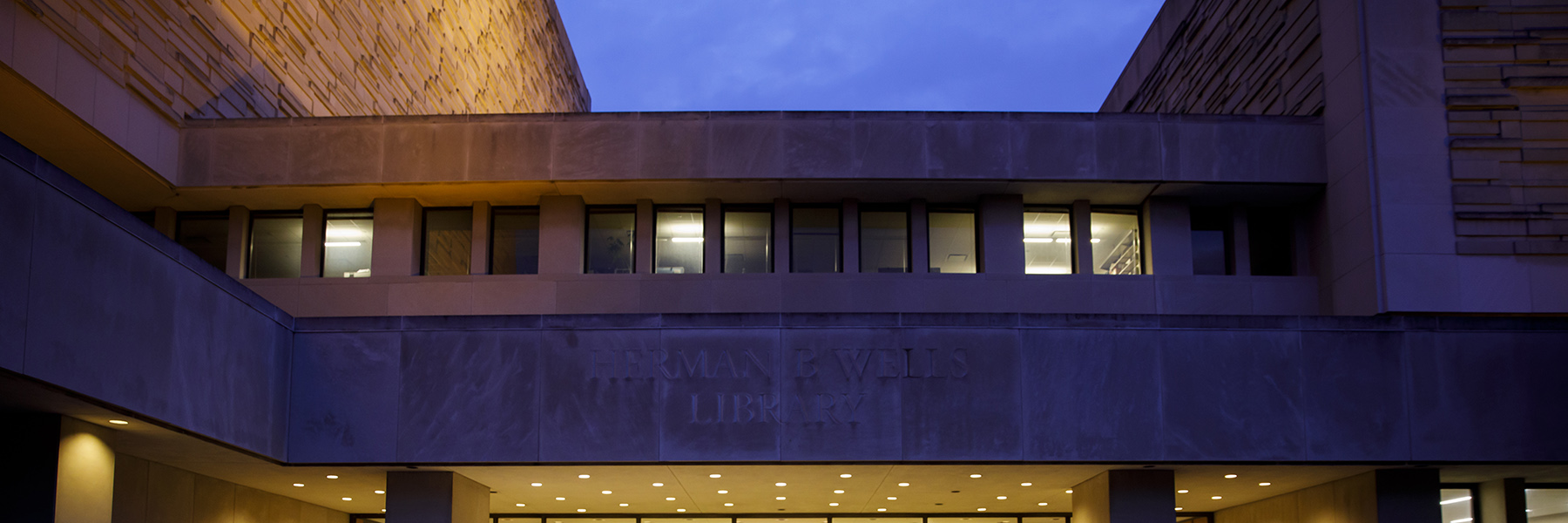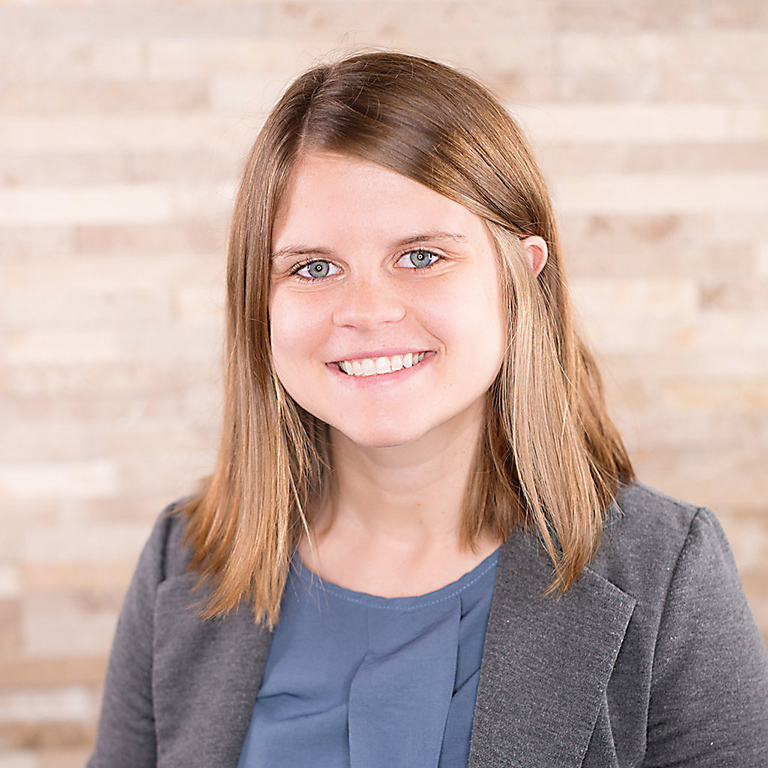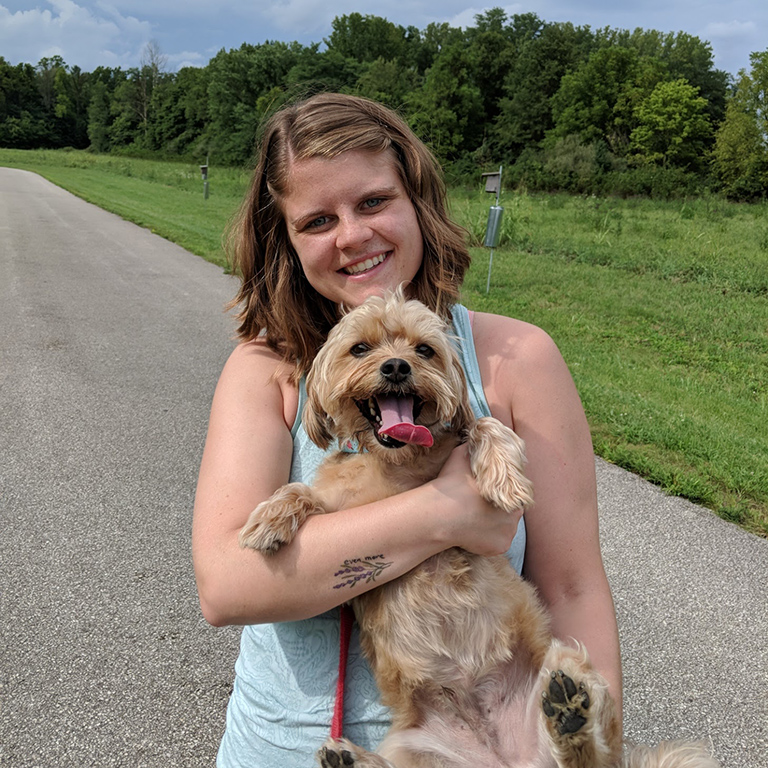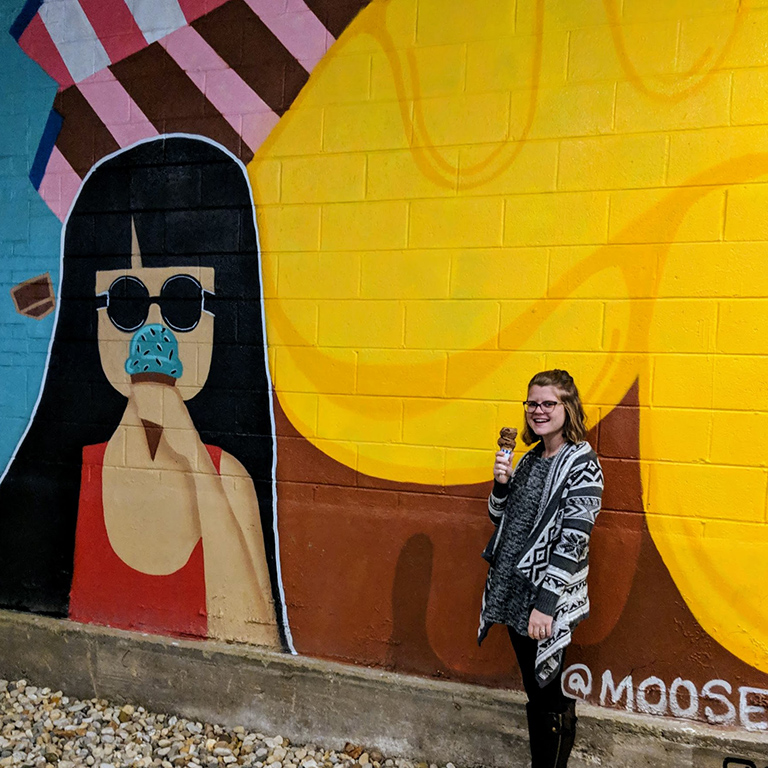She earned a Master of Science in Library and Information Science from the University of Illinois at Urbana-Champaign and a Bachelor of Arts (magna cum laude) in Literature & Women, Gender, and Sexuality Studies at Wright State University in Dayton, Ohio.
Q: What does “open education” mean in the context of academic libraries, how does it differ from “free,” and why is it important?
A:Open Education and Open Educational Resources (OER) refer to teaching materials that are not only free but also come with certain permissions because of the way that they are licensed. Because of this license, any instructor can legally customize OER to fit their specific learning objectives, students, and teaching style. Instructors can add new chapters and otherwise update existing OER content, then share their new version with their class and the world. In short, while it’s important that OER are free to students, they are also attractive to instructors interested in making course materials more effective for their specific course. OER are just one of the solutions that instructors have at their disposal to make their course materials more affordable for all students.
Q: What should faculty know about the Course Material Transformation Fellowship Program? What did you learn during the project’s pilot year (2020-2021), and what changed the following year?
A: For several years I worked with instructors who knew that the textbook that they were using wasn't ideal (on top of being expensive and inaccessible to many of their students) and had ideas about how to restructure it or create something new. But they just didn't have the time, space, or long-term support to make their idea a reality. : We launched the first round of the Course Material Fellowship Program (CMFP) in Fall 2020 with the support of the Women’s Philanthropy Leadership Council (WPLC), soon after the pandemic started.
CMFP is focused on giving instructors more structural support by matching them with experts, walking them through parts of the course material creation process, and helping them find community to share struggles and breakthroughs. The program also compensates instructors doing this work because it involves a lot of expertise, time, and labor to make effective course materials. If you have been thinking about how to improve your course materials or are just generally interested in open educational resources (OER) but you just haven’t been able to put your project in motion, consider applying for the 2022 cohort of the CMFP!
We have learned so much since 2020! Projects differ greatly in scope and the availability of existing resources. In response, we created different tiers in 2021 to better align compensation and support with the scope of fellows’ projects. For this next cohort, we plan to move to a model that includes a monthly in-person, active workshop at which they will work together with a shared example to learn about finding content, understanding licensing and copyright issues, and making their new course materials accessible and responsive.
Finally, the solutions for making course materials more affordable are complicated! Sometimes it is a real challenge to create a new resource that can be shared publicly in certain disciplines, often because of copyright limitations. We’ve been thinking a lot about this and have rescoped the CMFP to be focused on moving to low-cost course materials. Starting in 2022, all fellows must make their course materials low-cost for students but only a select few in a specific tier will be required to share an OER publicly. This is our attempt to make program requirements more realistic. The goal is to center student affordability without compromising student learning. The Program tries to be responsive to fellows’ feedback and projects and, as a result, is constantly being refined.
Q: How have you worked with the Center for Innovative Teaching and Learning and UITS to make course materials more easily available?
A: CITL and UITS are important partners in this work. Representatives from both groups serve on our CMFP Implementation Group and do the important work of promoting the Program and reviewing applicants. Many of them also deliver instruction or consultations to fellows. In addition to collaborating with colleagues in CITL and UITS on the CMFP, I have worked with them to offer workshops and deliver programming on the range of affordable course material solutions available to instructors.





